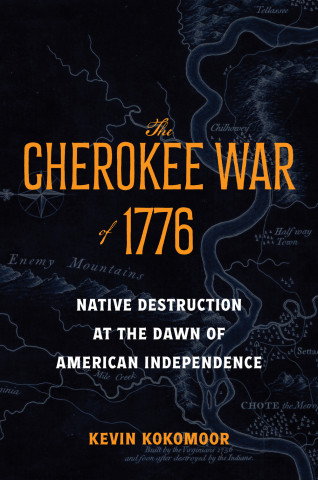
Reviews
A provocative analysis of labor, social, and transportation history in our early national period.
Extremely valuable... Well conceived, researched, and written.
Way's study of canal work and workers has filled a major empty spot in economic history.
A major addition to the study of North American canals, describing who dug them, how they were dug, and under what conditions of labor.





